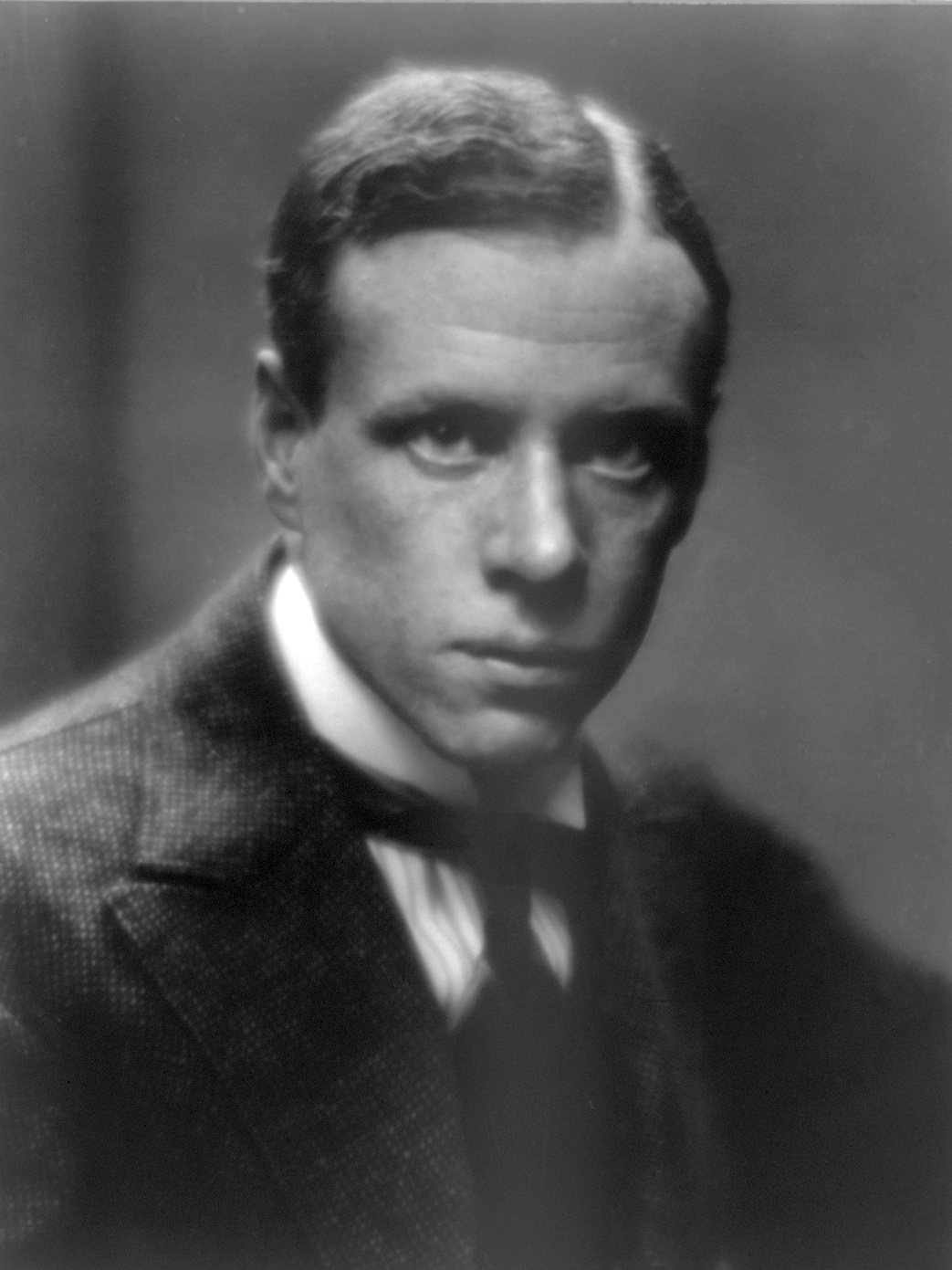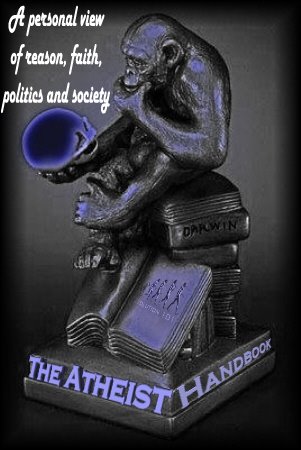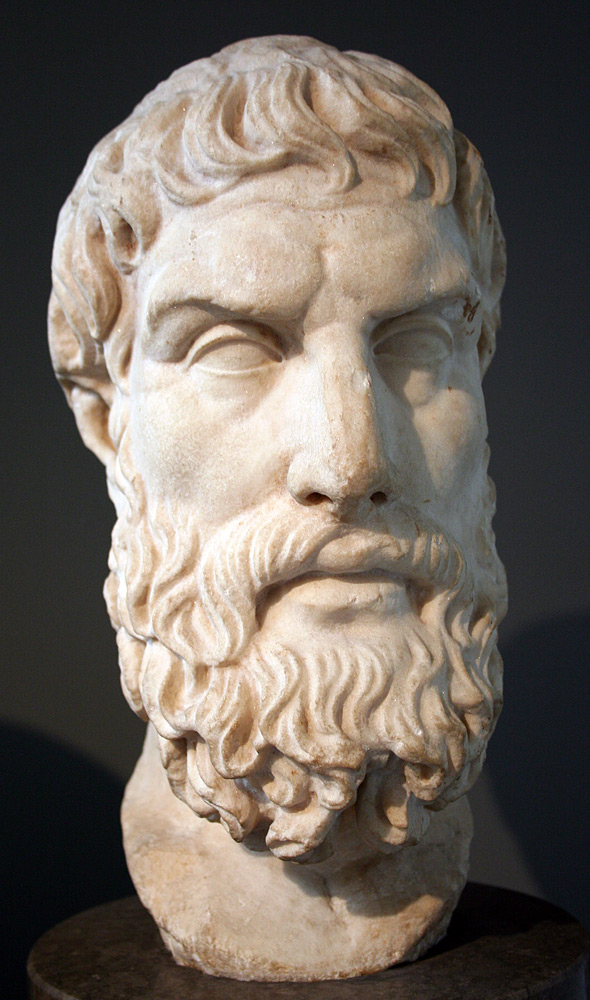
“When facism comes to America it will be wrapped in the flag and carrying a cross.”
-Sinclair LewisSo we come to Mr. D'Souza's last claim about the western world and Christianity. In my previous two parts I've shown that he, at best, overstates his case, but often leaves out important facts to bolster his claim that, in effect, the western world was built by Christianity. Science, morality...basically all the hallmarks of western civilization are, he claims, the direct product of Christianity and the Christian world view.
This is not to say that Christianity isn't important in the history of the western world. After all, it has been the dominate religion for the centuries. For a long time questioning it publicly was a sure way to get yourself tortured and killed. Once the faith got most of its blood letting out of its system, questioning it publicly was still a sure what to ruin in your career. Sometimes it still is.
However, in as much as Christianity does inform our culture, D'Souza continually goes too far to claim that everything important about the western world comes from his chosen faith. And there is no more obvious example of this when he claims that democracy would not be possible without it.
His argument goes like this: Yes, the ancient Greeks had some kind of democracy thing going, but they had slaves. And its only through Christianity that slavery is abolished, because of course, Christians have always hated slavery, so therefore only true freedom comes from Christianity and thus so does democracy.
Anyone who knows the history of democracy, Greece, slavery and Christianity should already be able to spot the massive problems with D'Souza's argument.
First, he tries to downplay that democracy in Athens wasn't that important. Well, he would wouldn't he? To him, anything non-Christian isn't important. But the fact is that democracy beings as a radical experiment in Athens when the people rose up to depose their rulers and cease power for themselves. Without Athens there is no democracy at all. Our concepts of one person, one vote, of secret ballot, of the right of citizens to have a voice in their government and the right to choose that government all come from the Athenian experiment. (the idea of the rights and duties of a citizen being defined in a constitution comes from the great Athenian rival Sparta)
In fact, I will go a step more and say without these ideas we have no democracy at all. They are the bare minimum needed to have any kind of functioning democracy. Now, D'Souza wants to downplay this in favor of trying to say that because there were slaves in Athens, as there were, that this pretty much doesn't count.
Well, consider however, that in the Christian Bible there is not a word about how to organize a free society. Nothing about the right to vote, or run for office or any of the things that define a democracy. You do not get any instruction at all on democracy and political freedom. What you do get is a lot of talk about creating a kingdom, run by Jesus. No one gets to vote for Jesus. Or recall him from office. There are no checks and balances. No term limits. Not even a citizen's assembly. In fact, the very concept of citizenship is alien to Christianity because it is unconcerned with human freedom in the real world. To Christianity, this is all the opening act and the real show starts when Jesus literally conquers in the world at the end of time and is set up as absolute ruler. You can argue he would be a nice absolute ruler, but remember this - a gilded cage is still a cage.
Indeed it is very telling that Christianity chugged along just fine, thank you very much, under all many of totalitarian regimes for most of its history. In fact, Christianity didn't run into democracy until the concept was revived long after the dark ages ended. And when it was, did those thinkers, principally Christian because it was, after all, the only game in town, look to the bible? No they looked to Athens.
So of what the slavery issue? Well I've address this already in part one so I am not going to go back over it again. Just hop back a few posts and you'll find it. But to summarize it is very telling that Christianity functions happily in slave owning societies for centuries without much of a peep. Indeed, St. Paul counsels Christians to obey their masters and the Old Testament lays out rules by which slavery can be conducted. Nowhere in the bible will you find the phrase "thou shalt never keep slaves." And when Christian groups did get around to opposing slavery, groups like the Quakers, they had reinterpret the bible in a way that most Christians of the period were not. They became sectarian oddballs who stood with a growing secular intolerance toward slavery while the rest of the Christian world stood by.
What happened was not that Christianity created modern democratic notions forbidding slavery. Slavery died a very slow death, and often required the use of bullet and bayonets to do the job, not preaching. Wars like the American Civil War was not a battle of Christians verus evil slave owning heathens. It was a war that pitted Christian vs. Christian.
Instead, the times slowly changed. What Richard Dawkins called the moral zeitgeist changed. Christianity no doubt informs that change as more and more believers began to view the bible as a Quakers did on the issue. But even then it is not the exclusive domain of Christianity as D'Souza claims. For instance, the woman's right to vote was opposed by many religious groups, and the argument won on what was near completely secular political grounds.
The problem with all D'Souza's arguments is that he deliberate excludes important facts, presenting a black and white view of history in which Christianity beats back all negative things, leaving only good and positive things. It's the simply morality play of most comic books, ignoring the complex vagaries of human history in favor of scoring points with his conservative constituency.
It is not in Jesus that we find the roots of democracy, but in brave Athenian citizens who took the first steps toward creating a free society and inventing the very notion of democratic rule. It is not the bible that we find modern notions of equality and freedom but in the brilliant works and actions political men and women, some inspired by their faith and many without an a faith at all, shifted the political zeitgeist toward inclusiveness.
To claim this was the work of a single religion requires ignoring history and rewriting it as a religiously induced fantasy.
















2 comments:
Well said.
Thanks!
Post a Comment